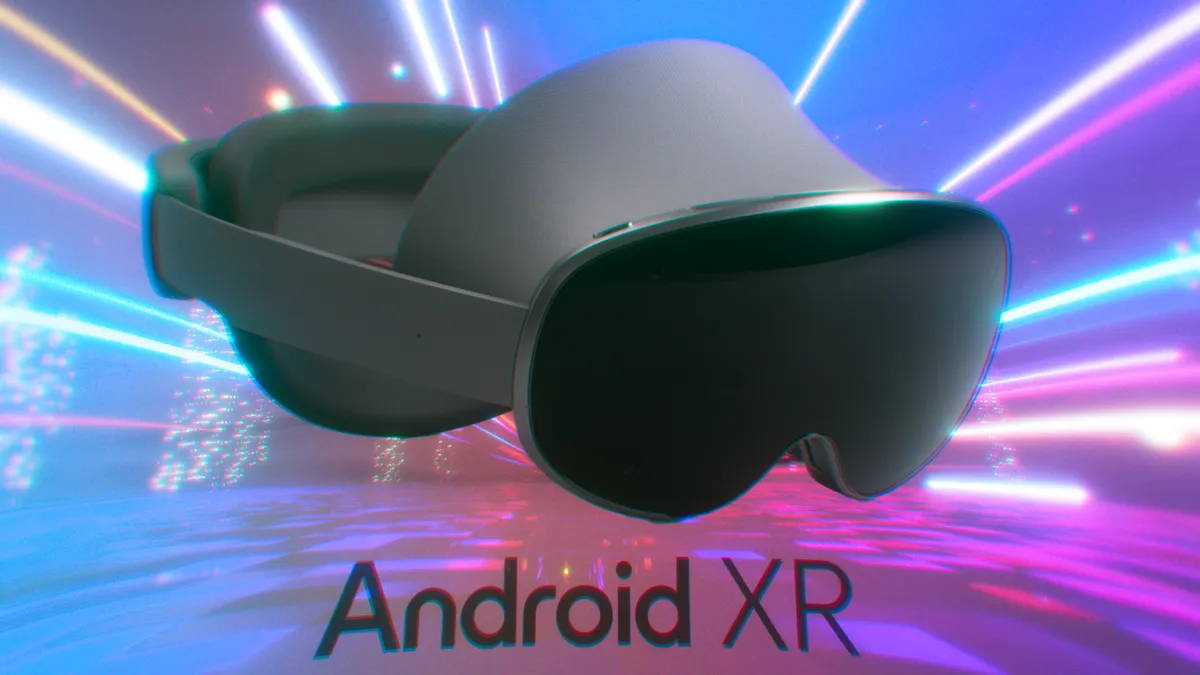In a landmark collaboration with Samsung and Qualcomm, Google has introduced Android XR, a new operating system poised to transform how we engage with extended reality (XR) devices like headsets and glasses. This innovation marks the next phase of Android's evolution, leveraging over a decade of expertise in AI, augmented reality (AR), and virtual reality (VR).
Designed to integrate seamlessly into users' daily lives, Android XR aims to offer immersive experiences while maintaining practicality. Devices powered by Android XR will enable users to switch effortlessly between virtual environments and the real world. According to Google, the first XR headset—codenamed Project Moohan and built by Samsung—will hit the market next year.
"Android XR is a platform designed to bridge technology and everyday life, powered by AI to make interactions intuitive," said Shahram Izadi, VP & GM of XR at Google.
Gemini AI: The Heart of Android XR
Central to Android XR is Gemini, an AI-powered assistant capable of interpreting users’ intents and enhancing their interactions with XR devices. Gemini enables real-time conversational assistance, guiding users through tasks, planning, or exploring topics.
This assistant integrates seamlessly with Google's popular apps like YouTube, Google TV, and Maps, reimagined for XR. Users can experience a virtual big screen, explore cities with Immersive View, or multitask with multiple Chrome windows. Gemini also powers "Circle to Search," an intuitive feature allowing users to search for information with simple gestures.
Expanding the XR Ecosystem
Google is working to build a robust ecosystem of developers and device manufacturers for Android XR. By leveraging tools like ARCore, Android Studio, and OpenXR, developers can easily create apps and games for upcoming XR devices. This initiative ensures compatibility with existing apps from Google Play, further enriching the user experience.
Notably, Google is partnering with companies like Magic Leap and Qualcomm to foster innovation. For instance, Magic Leap continues to contribute to XR technology advancements, while Qualcomm supports hardware partners like Lynx and Sony.
Glasses: A Glimpse into the Future
Beyond headsets, Android XR extends to smart glasses designed for all-day use. These stylish, comfortable glasses will provide real-time assistance with features like directions, translations, and notifications. Prototypes of these glasses are already in testing with select users, enabling real-world feedback while upholding privacy standards.
By integrating XR capabilities into everyday accessories, Android XR aims to redefine how people interact with technology, making it more accessible, helpful, and immersive.
Read More






 Saturday, 07-02-26
Saturday, 07-02-26







